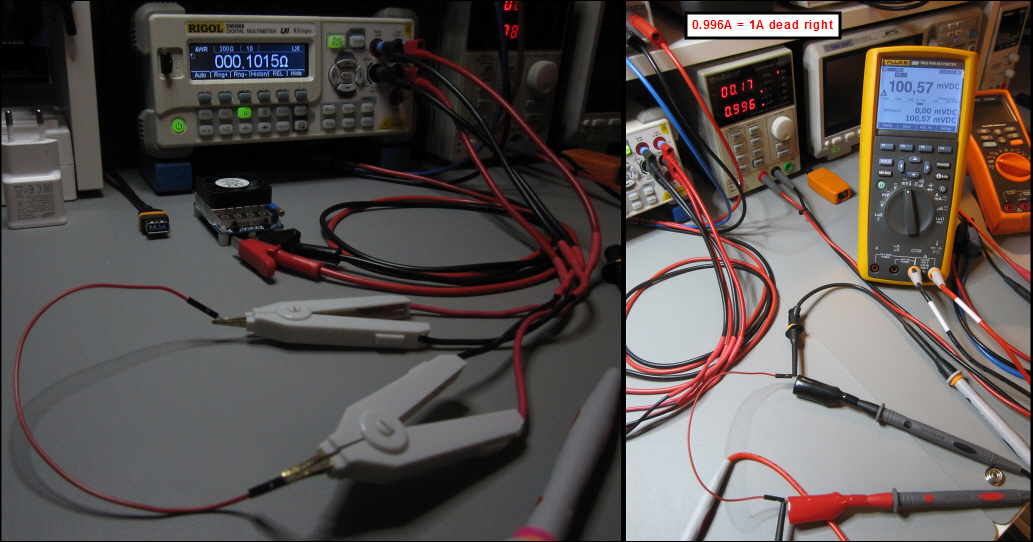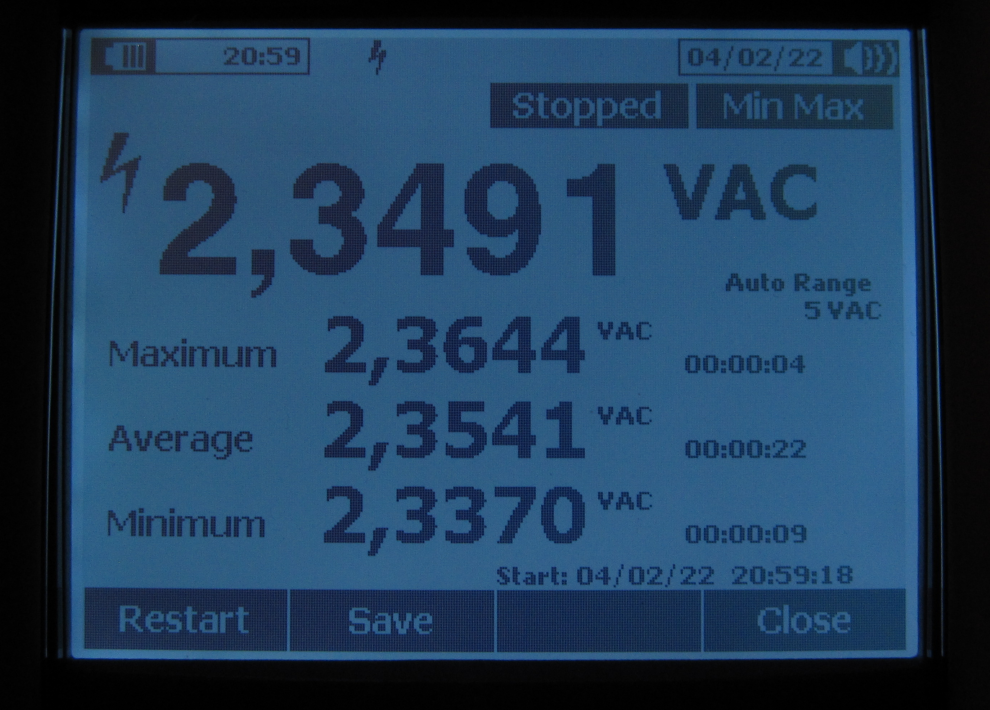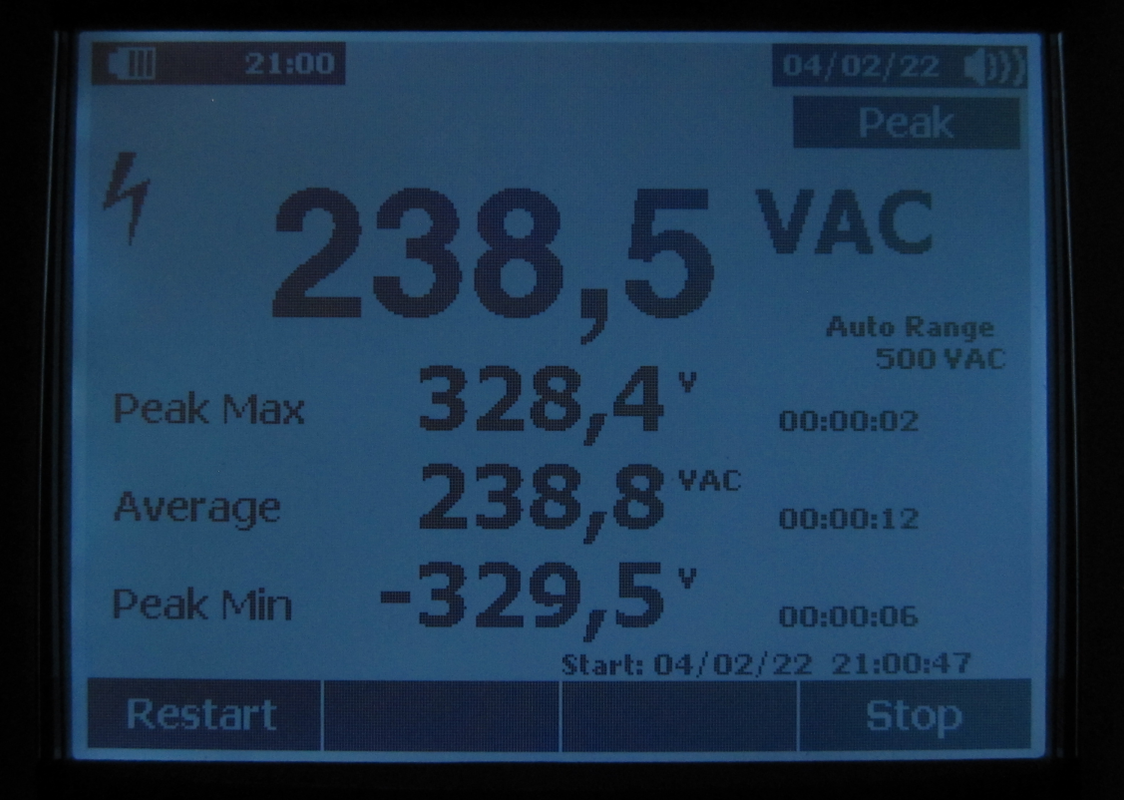As you probably already have a DC power supply you can do your own mOhm measurement quite precisely:
Well, considering my quick and dirty test installation with different quality-test-leads: 1 mOhm difference is not that bad...come on!


From all handheld DMMs I still own and recently sold, the Fluke 289 is the one and only I will keep for ever, despite display-contrast and battery-usage, as it does everything perfectly fine and is able to log via USB-IR-Interface also to a PC, in case the internal memory is not enough - even with Linux on a RaspberryPi via TestController by HKJ. In this case the one and only disadvantage of the Fluke 289 not seeing the curve while logging, in contrast to your "Siglent SDM3045X" alternative, is also gone!
You can save any measurement you did with a perfect max-min-average overview and view it any time you like:

You have a perfect overview of the measurement itself with a perfect sinus-peak-measurement within 250µS and may use this feature also for inrush current:

...and you are flexible enough to move it around where it is needed. Furthermore you don't need anything else to check a mainboard, as you can measure everything and even caps up to 100mF (the same as Rigol DM3068 and Siglent SDM3065X) in contrast to 10mF of the Siglent SDM3045X, which could be problematic, when caps might be soldered in parallel. My HMC8012-G does only up to 500µF, but the biggest joke is the Keysight 34465A, which only does up to 100µF!
When you buy a used Fluke 289 pay attention to the SN, to get one with the newest FW, not having the "light-IR-issue" and one after the "leaking-cap-problematic".
Oh, I forgot the best thing: You will never ever need a "recovery tool", when you stuck on boot screen with a Siglent SDM!

...ha ha ha - just kidding...! Not really, as my Siglent SDS1202X-E is useless with the newest FW!

...but I guess you will end up with buying a Brymen 869s, being annoyed about the backlight time-issue and the disgusting rotary knob...but perfectly fine to start with, saving some money for the next buy...as we all know: you never have enough equipment and the next buy is always the most desired one... ;-)
Cheers!